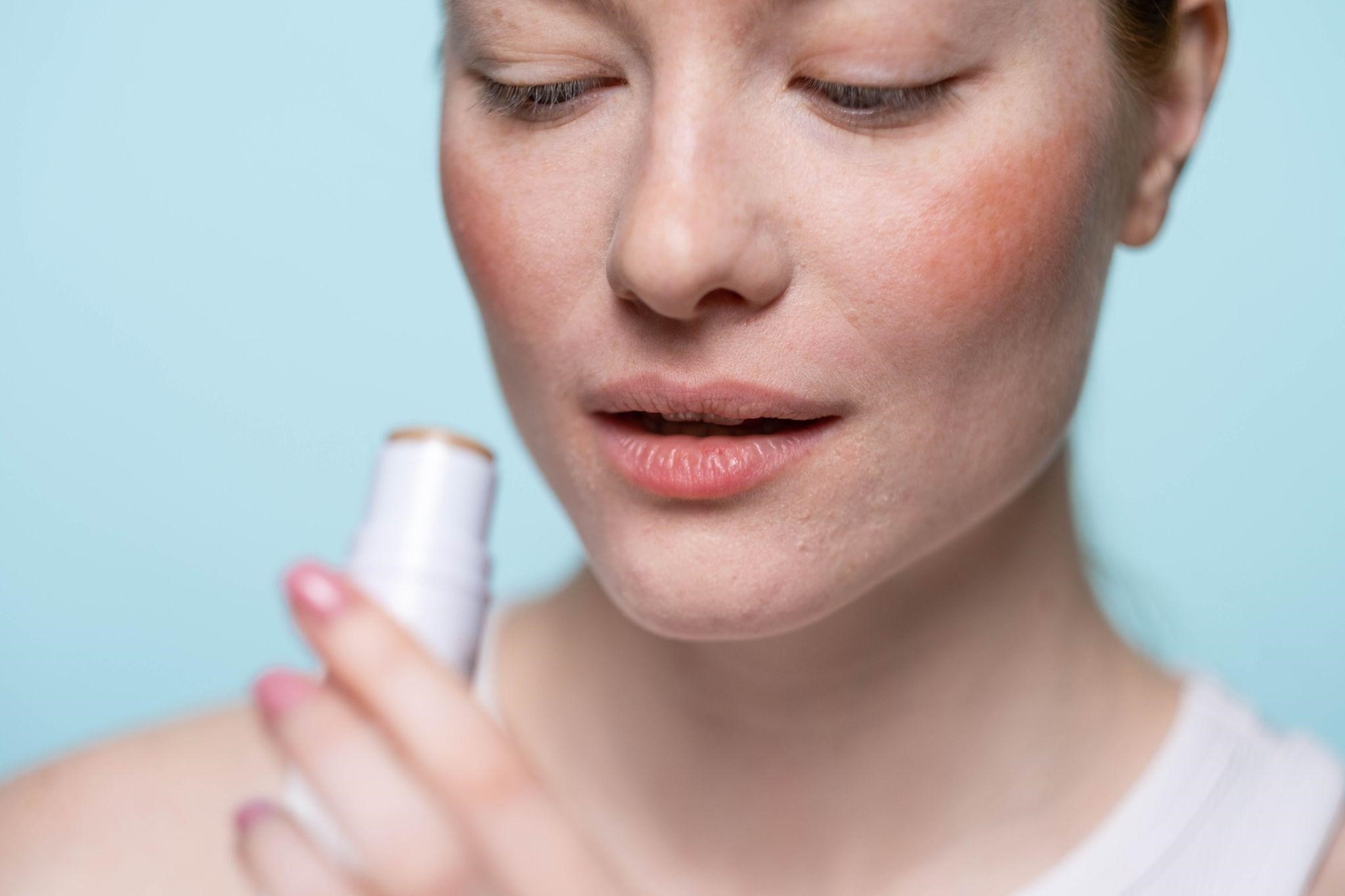When it comes to skincare products, we often think about the impact they have on our skin. However, it’s important to also consider their impact on the environment. Synthetic face moisturizers, which are made with chemicals and other harmful ingredients, can have a significant impact on the environment. In this blog, we will explore the environmental impact of synthetic face moisturizers and why natural face moisturizers are a better choice. Get a natural moisturizer for your face from Eight Saints !
What are Synthetic Face Moisturizers?
Synthetic face moisturizers are skin care products that are designed to hydrate and nourish the skin on the face using synthetic, or man-made, ingredients. These moisturizers typically contain a combination of emollients, humectants, and occlusives that work together to provide moisture to the skin and prevent water loss.
Synthetic face moisturizers can provide a range of benefits for the skin, including hydration, nourishment, and protection. They can help to improve skin texture, reduce the appearance of fine lines and wrinkles, and prevent water loss from the skin.
The Environmental Impact of Synthetic Face Moisturizers
Synthetic face moisturizers have become a popular product in the beauty industry due to their convenience and effectiveness in hydrating the skin. However, the production and disposal of these products can have a significant environmental impact. This blog will explore the environmental impact of synthetic face moisturizers, and how we can make more sustainable choices for our skin care routine.
The Problem with Synthetic Face Moisturizers
Synthetic face moisturizers are made from a combination of chemicals that are designed to hydrate and nourish the skin. While they may be effective in doing so, these chemicals can have a negative impact on the environment.
Synthetic face moisturizers can be formulated to address specific skin concerns, such as dryness, aging, and acne-prone skin. It’s important to choose a moisturizer that addresses your specific concerns and works well with your skin type.
Pollution from Production
The production of synthetic face moisturizers involves the use of a variety of chemicals, some of which can be harmful to the environment. For example, the production of synthetic fragrances requires the use of synthetic musks, which have been found to be persistent in the environment and can accumulate in the fatty tissues of aquatic organisms.
● Packaging Waste
Synthetic face moisturizers are typically packaged in plastic containers, which can take hundreds of years to decompose in landfills. In addition, the production of plastic contributes to greenhouse gas emissions and other environmental problems.
● Chemical Runoff
When we wash off synthetic face moisturizers, the chemicals in the product can end up in our waterways. This can have negative impacts on aquatic ecosystems, including disrupting the reproductive systems of fish and other organisms.
How to Tackle the Environmental Impact of Synthetic Face Moisturizers
Natural Alternatives
Fortunately, there are natural alternatives to synthetic face moisturizers that can be just as effective at hydrating the skin. These alternatives are typically made from natural ingredients that are sustainably sourced and have a minimal impact on the environment.
● Plant-Based Oils
Plant-based oils such as coconut oil, jojoba oil, and argan oil are great alternatives to synthetic face moisturizers. These oils are rich in antioxidants and essential fatty acids, which help to nourish and hydrate the skin.
● Shea Butter
Shea butter is another natural alternative to synthetic face moisturizers. It is rich in vitamins A and E, and has been shown to have anti-inflammatory properties that can help to soothe dry and sensitive skin.
● Aloe Vera
Aloe vera is a natural moisturizer that has been used for centuries to soothe and heal the skin. It is rich in antioxidants and has anti-inflammatory properties that can help to reduce redness and irritation.
Tips for Making More Sustainable Choices
In addition to choosing natural alternatives to synthetic face moisturizers, there are other steps we can take to make our skincare routine more sustainable.
● Look for Recyclable Packaging
When choosing a face moisturizer, look for products that are packaged in recyclable materials. Glass jars are a great option, as they can be recycled endlessly without losing quality.
● Choose Local Brands
Choosing locally made skincare products can help to reduce the environmental impact of shipping and transportation. Look for brands that use locally sourced ingredients and sustainable production practices.
● Make Your Own
Another option for reducing the environmental impact of your skincare routine is to make your own face moisturizer using natural ingredients. This can be a fun and rewarding way to take control of your skincare rout
The Future of Natural Skincare
In this section, we will discuss the growing trend towards natural skincare products and what the future of the industry looks like. We will also discuss how consumers can support eco-friendly skincare brands and promote sustainable practices in the beauty industry.
Conclusion
The conclusion should summarize the key points of the blog and emphasize the importance of choosing natural face moisturizers for both personal health and the health of the environment. It should also encourage readers to make small changes in their daily routine to reduce their impact on the environment.

